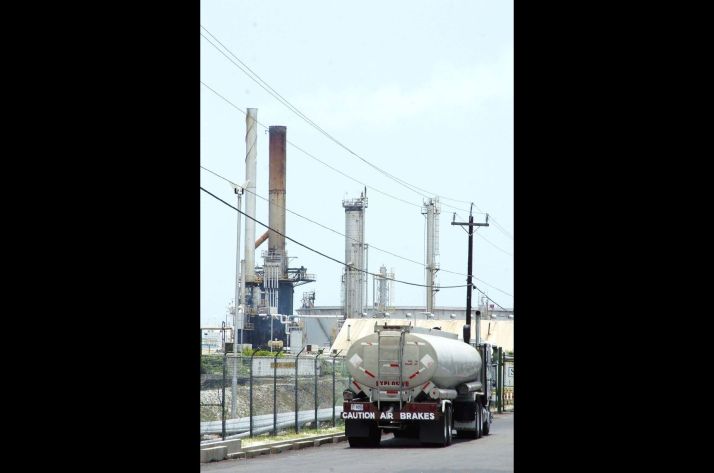By Zadie Neufville
The following article was first printed in the 6th Issue of CESaRE Journal -on June 22
Access to energy is one of the most significant challenges facing countries like Jamaica. High and fluctuating fuel costs make electricity prices in the Caribbean and Latin America among the highest in the world, according to the Inter-American Development Bank (IADB).
The World Resources Institute (WRI) reports that in the last five years, more than 80 countries worldwide have committed to net-zero emissions by 2050, which makes waste-to-energy alternatives an urgent issue for the region. But the switch to and use of alternative energy sources could be expensive, depending on the technology.
In a study titled “The state-of-the-art of organic waste to energy in Latin America and the Caribbean Challenges and opportunities” (2020), researchers Rodolfo Daniel Silva-Martínez, et al. propose the use of waste to energy technologies (WtEs) as an alternative that would be beneficial on a socio-economic level.
They noted that while such technologies have been developed “they (the technologies) are still far away to significantly contribute not only to treat the ever-increasing waste volumes in the region but also to supply the regional energy demand and meet their national carbon emission goals”. The team examined the various technologies already being used in the region and proposed that governments look at the application of the most feasible. They also examined the challenges the region faced.
The researchers further noted that “the technical complexity of these technologies aligned with lack of research, high investment costs and political deficiencies” has not allowed for the implementation or deployment of suitable solutions in a few countries like Mexico and Brazil. In the Caribbean sub-region where there is substantial renewable energy potential in solar, wind and geothermal energy and growing investments in renewable energy, that cost could likely be a significant deterrent.
In their assessments of the technologies, some of which are already being used, the researchers point to significant benefits of upscaling specific types, such as large and small-scale bio-digesters and methane capture from landfills.
Notably, small-scale bio-digesters and incineration are already prevalent. The sugar cane industry has, for more than a century powered its operation using bagasse waste and sometimes wood. Both Jamaica and Belize are among the smaller countries that have experimented with ethanol. In Belize, the sugar factories continue to generate power to fuel their operations and have recently begun to look at the cultivation and use of a wild cane – the Arundo donax as a source of alternative fuel.
Aside from the reduction of emissions, the proposed methods would also result in socio-economic benefits that come from safer and more sanitary landfills, cleaner air and the protection of groundwater supplies. A bonus is the potential earnings from carbon credits.
The researchers noted that up to 2011 more than 99 waste-to-energy landfills projects had been approved and financed just in the Latin American region through carbon markets associated with the UN’s Clean Development Mechanism. This resulted in the reduction of more than 19 million tons of CO2 between 2007 to 2012.
In its 2016 FOCUS magazine feature on sustainable energy, the Economic Commission for Latin America and the Caribbean (ECLAC) pointed out that an energy revolution had begun to take place in the sub-region of the Caribbean. Several countries from Antigua and Barbuda to Jamaica had begun to install solar and wind farms.
IRENA’s 2014-2015 report, also pointed to the 85 per cent growth in global renewable energy power capacity in the 10 years leading up to the report. The agency noted the more than 70 per cent reduction in the cost of technologies over the same period which made such technologies more competitive to produce electricity in many countries.
The proposals of Martinez et al. could be feasible in countries like Jamaica where the burning of garbage at landfills in Kingston and Montego Bay has become a social issue. There are already reports of the exploration of the development of organic waste to energy (OWtE) processes at the Riverton City Landfill in Kingston.
The question remains, however: Are these small islands producing enough waste or the type of waste that is required to justify the applicability of large-scale OWtE plants?
On the other hand, with more than US $270 billion invested in renewable energy technologies up to 2014, which back then represented a 15 per cent increase compared to 2013, is there the political will to switch?
